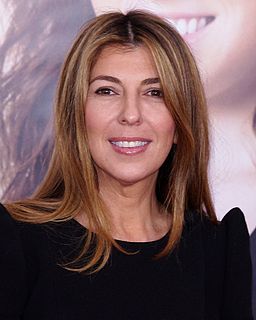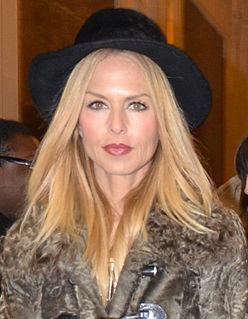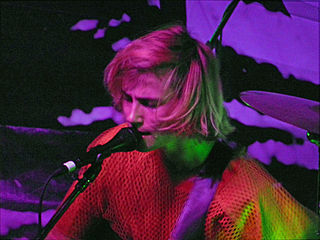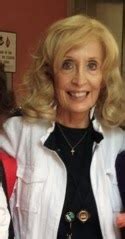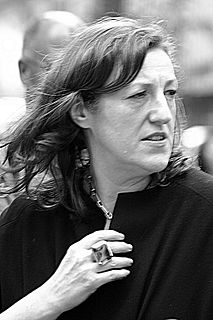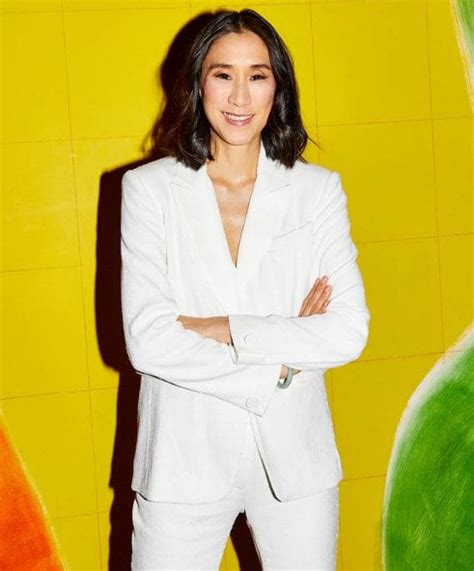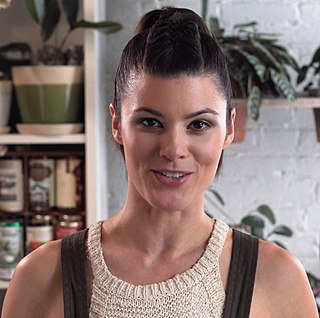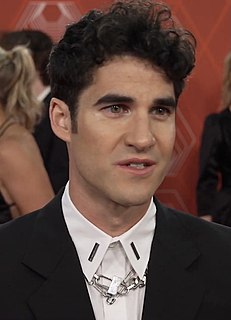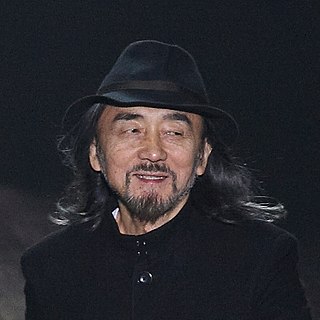A Quote by Nina Garcia
My aspiration was always to be a fashion editor.
Quote Topics
Related Quotes
You do not need to go to journalism school if you want to work in the fashion industry. I think high schools condition you to think this way: If you want to be a fashion editor, go to fashion school. If you want to be a writer, you should study journalism. I think that the best school in life is experience.
